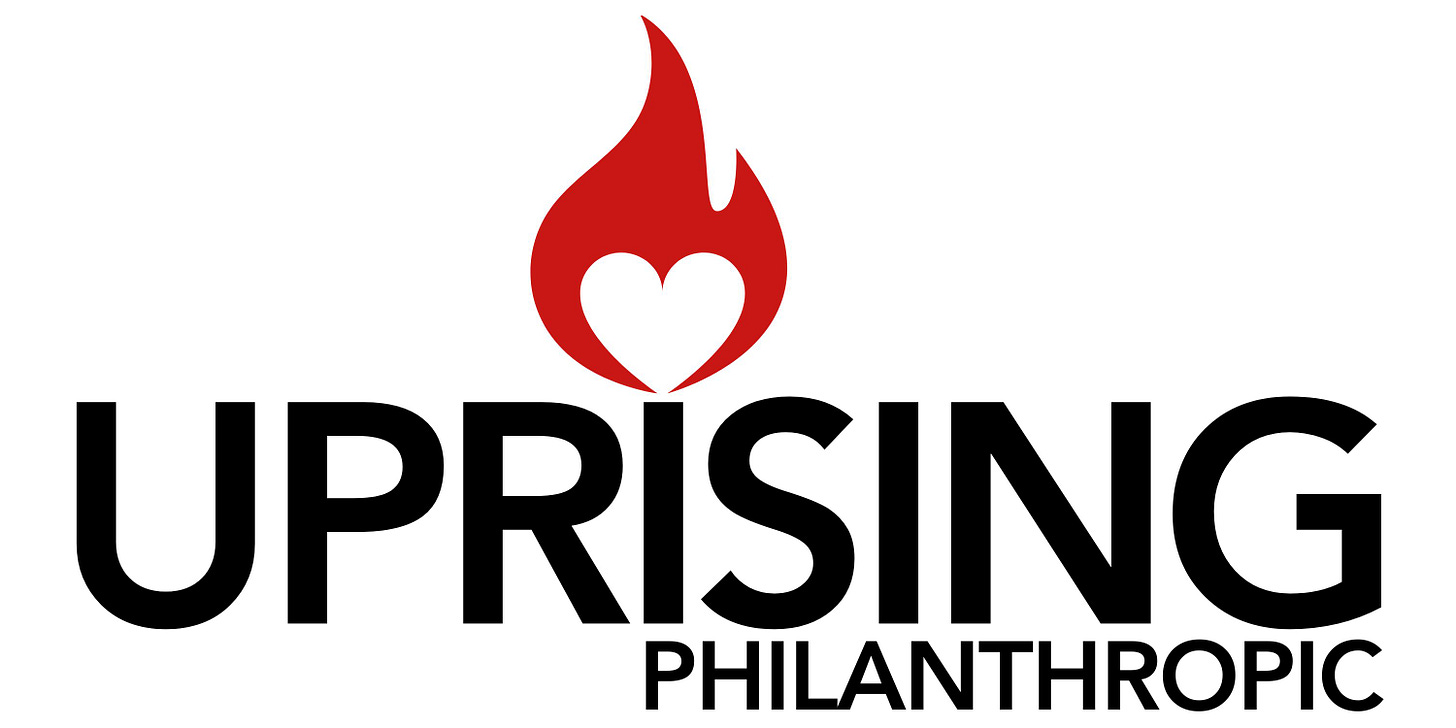Statement on Departure from Can't Buy My Silence Canada.
What we do matters, but how we do it matters more. Impact is greater than intent.
This post is a bit of a departure from my usual reflections, but I believe it’s important to share this news across as many platforms as I can.
I am a survivor of sexualized violence in the workplace. For years, I’ve worked to seek justice—not only for myself, but for countless others whose voices have been silenced.
This post comes from the heart—one that’s been bruised and tested through this work. The journey hasn’t been easy. At times, it has left me feeling heartbroken. But I know that naming harm is a necessary part of healing. And healing is what moves us forward.
We have to acknowledge the ways we’ve been harmed. We have to be honest about what’s not working. And we have to commit—deeply—to doing better.
For the sake of all survivors, we must build advocacy rooted in care, humility, and integrity.
Thank you for reading. And thank you for standing with me.
After much reflection, I’ve made the decision to step away from my volunteer role with Can’t Buy My Silence Canada. Over time, I’ve come to recognize a misalignment between my values and the direction the campaign is taking. For that reason, I’ve chosen to sever ties.
Many of you know that my advocacy began in 2019, when I went public with my experience of being sexually harassed and assaulted by donors, through an op-ed with CBC. That moment shaped the course of my activism. It also led me to connect with the Can’t Buy My Silence campaign in 2021, when I learned about their work to end the misuse of non-disclosure agreements (NDAs) in Canada and the UK. I reached out to the co-founders that fall and have volunteered with the campaign ever since.
Over the past three years, I’ve had the privilege of working alongside some of the most courageous people I’ve ever met—many of whom remain unseen by the public. Some have signed NDAs; others stay anonymous for fear of reprisals. While Kristina Fifield and I have been the public faces of the work in Nova Scotia, we are far from alone. Across this province, survivors living under the weight of NDAs continue to push for change every day.
I’m deeply grateful for my time in this movement, and even more aware of the responsibility I carry as an advocate in this space. The cause matters—but so does how we pursue it.

I believe advocacy around sexualized violence must be rooted in humility, compassion, care, and a trauma-informed lens. Survivors must always come first. That means protecting them from further harm. It means remembering that legislative wins are meaningless if we trample the very people we claim to fight for along the way. Advocacy cannot become another site of harm.
So I will continue to advocate—independently—for legislation to stop the abuse of NDAs in Nova Scotia and beyond. But I will do so in a way that centres the needs and safety of survivors.
Survivors deserve choice—about what they share, when they share it, and with whom. Choosing silence is just as valid as speaking out. No campaign objective is ever worth compromising a survivor’s safety or dignity. Not now. Not ever.
I could have left quietly. But silence has never been my way. I’ve spent years calling out abuses of power, no matter where they came from. That doesn’t stop now.
I’m grateful to Zelda Perkins, co-founder of CBMS UK, for continuing to lead with integrity and compassion. I look forward to watching her work bring meaningful change in the UK—and I hope to see the same here in Canada.
To the media, public, advocates, and especially survivors in Nova Scotia who keep the pressure on this government: thank you. I won’t stop speaking out until we see real change in this province.
I remain in this fight—fully, and until the end.
In solidarity,
Liz



